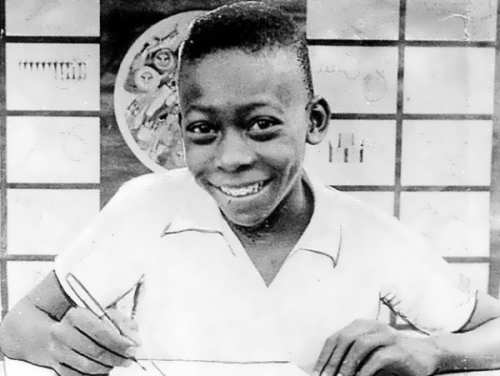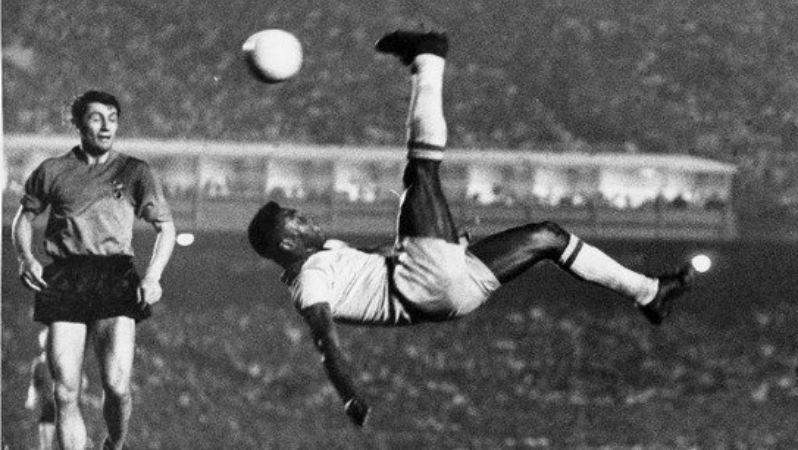Born to play football – Pelé passes in Sao Paulo hospital, aged 82

“I was born to play football, just like Beethoven was born to write music and Michelangelo was born to paint.”
Pelé, born Edson Arantes do Nascimento on October 23, 1940, in Três Corações, a small town in Minas Gerais, Brazil, has died at Albert Einstein hospital in São Paulo after a long illness, at the age of 82.
Pelé, the Brazilian virtuoso whose skill and athleticism saw him universally regarded as one of the world’s greatest-ever footballers had a colon tumour removed in 2021, and was readmitted to Albert Einstein hospital in São Paulo in November amid deteriorating health. A hospital statement on Thursday confirmed the death of “our dear King of Football” at 3.27pm local time, “due to the failure of multiple organs, a result of the progression of cancer of colon associated with his previous clinical condition.”
Known as “The King” (O Rei) in Brazil, Pelé scored 12 goals in 14 World Cup final games. He played at four World Cup finals, winning the tournament in 1958, 1962 and 1970. He is generally considered one of the best three footballers of all time. In 2000 FIFA named him “Player of the Century,” jointly with Argentina’s Diego Maradona.

Pelé started playing football professionally at 15 and spent almost his entire playing career with Santos (1956-1974). Brazil’s president declared Pelé a national treasure, preventing him from signing with a team outside of Brazil He retired from football in 1974, but nonetheless he spent three more years playing in the United States for New York Cosmos.

He scored 1,281 goals in 1,363 games. Pelé Day occurs in Santos, on November 19 each year, to recognise the date of his 1,000th goal. He scored his first professional goal on his league debut on September 7, 1956, in a match between Santos and Corinthians. His 1000th goal came in during his 909th first-class game.
It was the 1970 World Cup triumph for which he will be best celebrated, the linchpin of a beguiling team that included Carlos Alberto, Jairzinho, Gérson, Tostão and Rivelino that swept through Mexico, his canary yellow No 10 shirt becoming an icon of the sport.
Pelé appeared in several movies in the 1970s and 1980s and composed the soundtrack for his biopic film “Pelé (1977),” as well as other musical pieces.

The world’s greatest-ever footballer’s health has been failing for many years. In November, 2014, he was admitted to hospital with a urinary tract infection and discharged a few weeks late. In 2015 he underwent prostate surgery. In August of the following year, it was announced that he would not light the Olympic flame at the Rio Olympics, due to ill health. He was diagnosed with colon cancer in September 2021, spent two weeks in hospital last December and was readmitted in November to be treated for a respiratory infection.
Brazil’s government declared three days of mourning and the arch at Wembley Stadium was lit in the colours of Brazil, while icons of sport and heads of state bowed to the world’s greatest footballer who rose up from childhood poverty to become a legend.
Pelé was married to Rosemeri Cholbi (1966-1978), Assíria Lemos (1994-2010), and Marcia Cibele Aoki (2016-present). He has seven children. In 1997 Britain’s Queen Elizabeth II awarded him an honorary knighthood.
Latest Thailand News
Follow The Thaiger on Google News:


























